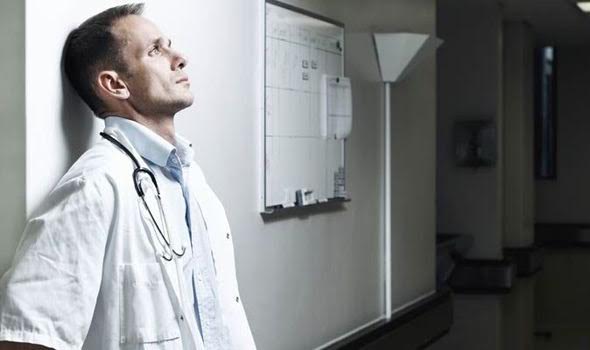
What should a doctor do when a loved one is ill?
It’s more complicated than just not treating your child.
The American Medical Association’s Code of Medical Ethics strongly cautions doctors against treating themselves or family members. It outlines a series of reasons why doctors can lose their objectivity and professionalism when treating immediate family, and also enumerates reasons why patients can find it difficult to have a relative as a doctor.
But what about situations where a doctor is the primary caregiver for a patient? Or what about situations where a doctor feels uncomfortable when they hear about the way in which a relative is being treated.
A new edition of the journal Narrative Inquiry in Bioethics looks at these and other questions, drawing upon testimonies of a range of clinicians who have found themselves torn between family obligations and their professional roles.
In one essay doctor David Alfandre tells a personal story of when his two-year-old son was admitted to hospital with severe pneumonia. Alfandre had to be at his son’s bedside for weeks while the boy’s oxygen levels and general condition fluctuated — at one point the child was rushed to intensive care. He was very tempted to play the role of a doctor, but eventually decided to be first and foremost a father to his son, letting the treating team make decisions.
Alfandre said he has learned a lot from the experience, but is still unsure how to square his professional identity with his role as a father and a caregiver:
I still have not figured out how to perfectly calibrate the balance between my two identities. The doctor identity pulls at me strongly one day, and the father identity the day after that. Sometimes they both pull at me at the same time. It is still a struggle, but I now know to pay close attention to see which one I need more.
In another essay, Dr Jessica Turnbull tells the story of her uncle Dan’s final months, in which she battled with allowing a care team to make decisions about the man rather than attempting to influence their clinical judgements. Sadly, Turnbull’s uncle died in much pain, and she suggests that she should have been more forthright with his treating clinicians:
…This story ends badly because in my reflex to remain objective, I lost the opportunity to just spend quiet, unthinking, unpressured time with my uncle. This story ends badly because I abdicated my role as a physician and lost my ability to be in the role of a loved one, supporting my uncle at the end of what was a fantastic life.
What should a doctor do when a loved one is ill?
Xavier Symons
Creative commons
https://www.bioedge.org/images/2008images/doctors-ethical-dilemma.jpg
clinical ethics
informed consent
professional integrity
professionalism
